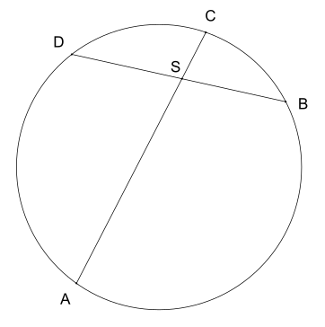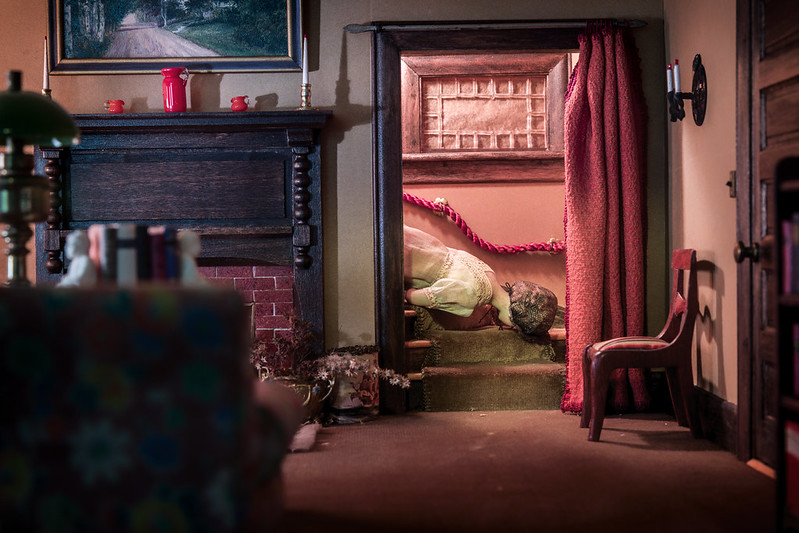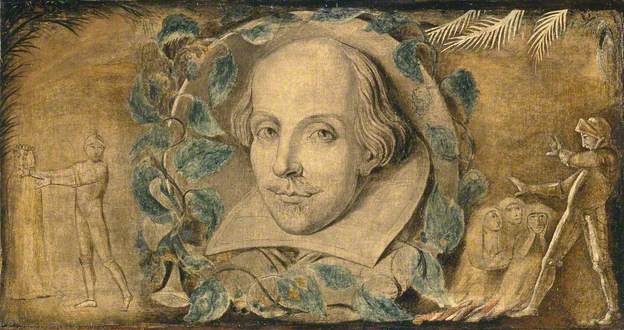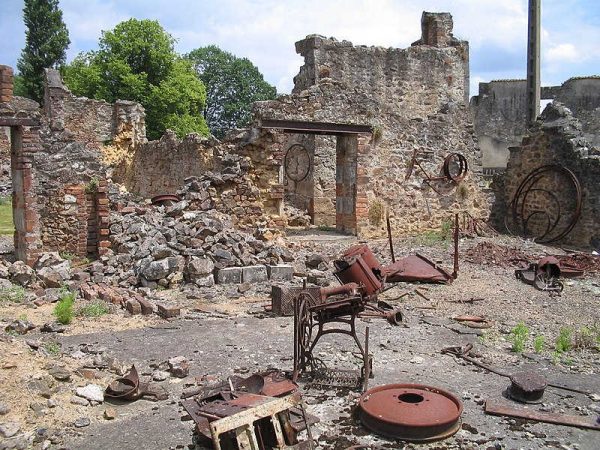
A drop of ink has fallen upon the paper and I have walled it round. Now every point of the area within the walls is either black or white; and no point is both black and white. That is plain. The black is, however, all in one spot or blot; it is within bounds. There is a line of demarcation between the black and the white. Now I ask about the points of this line, are they black or white? Why one more than the other? Are they (A) both black and white or (B) neither black nor white? Why A more than B, or B more than A? It is certainly true,
First, that every point of the area is either black or white,
Second, that no point is both black and white,
Third, that the points of the boundary are no more white than black, and no more black than white.
The logical conclusion from these three propositions is that the points of the boundary do not exist.
— Charles Sanders Peirce, “The Logic of Quantity,” 1893





